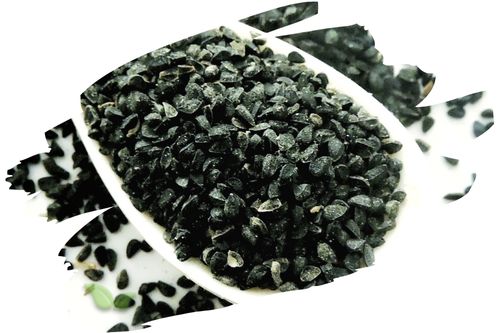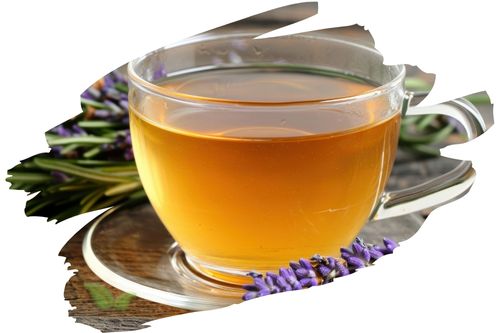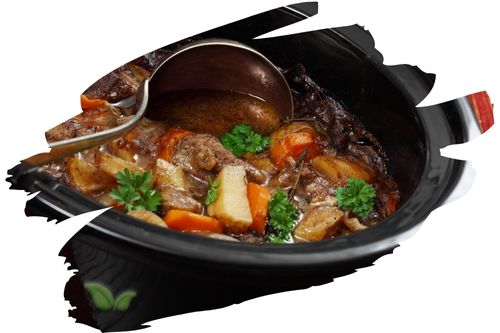
Introduction
Ashwagandha, a powerful herb with a long history of use in traditional medicine, has gained popularity for its potential health benefits. One common debate in the world of Ashwagandha revolves around its form: fresh or dried. In this article, we'll explore the distinctions between fresh and dried Ashwagandha, shedding light on the key factors to consider when choosing the right one for you.
Fresh Ashwagandha: Nature's Bounty
Fresh Ashwagandha, also known as "winter cherry" or "Indian ginseng," is renowned for its vibrant green leaves and berry-like fruits. Here, we'll delve into the characteristics that make fresh Ashwagandha unique.
Fresh Ashwagandha is rich in moisture and exhibits a vibrant green color, signifying its high chlorophyll content. This freshness contributes to its earthy and slightly bitter taste.
Dried Ashwagandha: Concentrated Potency
Dried Ashwagandha, on the other hand, undergoes a meticulous drying process that removes moisture and concentrates its beneficial compounds. Here's why dried Ashwagandha has its own set of advantages.
Dried Ashwagandha offers a more concentrated form of this herb, making it an excellent choice for those seeking a potent supplement. Its powder form is versatile and easy to incorporate into various recipes.
Choosing the Right Form
When deciding between fresh and dried Ashwagandha, it's crucial to consider your specific needs and preferences. Factors like taste, convenience, and intended use play a significant role in this decision-making process.
Taste: Fresh Ashwagandha has a robust, earthy flavor, while dried Ashwagandha's taste is milder, making it suitable for those who prefer subtler herbal notes.
Convenience: Dried Ashwagandha offers convenience due to its longer shelf life and ease of storage. Fresh Ashwagandha, being perishable, requires more immediate use.
Intended Use: If you plan to incorporate Ashwagandha into your daily routine, dried Ashwagandha, in its powdered form, is a convenient choice. Fresh Ashwagandha is ideal for those who want to experience the herb in its natural state.
Ashwagandha: A Versatile Herb
Regardless of whether you choose fresh or dried Ashwagandha, it's essential to acknowledge the versatile benefits of this herb.
Stress Management: Ashwagandha is renowned for its adaptogenic properties, helping the body manage stress effectively.
Improved Sleep: Both fresh and dried forms may promote better sleep and relaxation.
Enhanced Immunity: Ashwagandha is believed to boost the immune system, supporting overall health.
Anti-Inflammatory: This herb may have anti-inflammatory properties, aiding in various health conditions.
FAQs
Q: Can I use fresh Ashwagandha in my smoothies? A: Absolutely! Fresh Ashwagandha can be blended into smoothies for a nutritional boost.
Q: Which form of Ashwagandha is better for stress relief? A: Both fresh and dried Ashwagandha can help manage stress; choose based on your preference.
Q: Are there any side effects of Ashwagandha? A: When consumed in moderation, Ashwagandha is generally safe. However, consult a healthcare professional if you have concerns.
Q: Can I grow Ashwagandha at home? A: Yes, Ashwagandha can be cultivated in your garden if you have the right conditions.
Q: Is Ashwagandha suitable for children? A: It's best to consult a pediatrician before giving Ashwagandha to children.
Q: Does Ashwagandha interact with medications? A: Ashwagandha may interact with certain medications, so consult your healthcare provider if you're on prescription drugs.
Conclusion
In the world of Ashwagandha, whether you opt for fresh or dried, both forms offer incredible benefits. Fresh Ashwagandha embodies nature's bounty, while dried Ashwagandha concentrates its potency. Your choice ultimately depends on your taste preferences, convenience, and intended use. Whichever you choose, Ashwagandha is a versatile herb with a myriad of health benefits waiting to be discovered.
Alert: While spices can have many beneficial properties for health, using them for medical purposes should be done under the guidance and supervision of a healthcare professional or specialist. Some spices may interact with medications or cause adverse reactions in certain individuals, and it is important to use them safely and appropriately. If you are considering using spices for a medical condition, it is important to consult with a healthcare professional before doing so.




















































